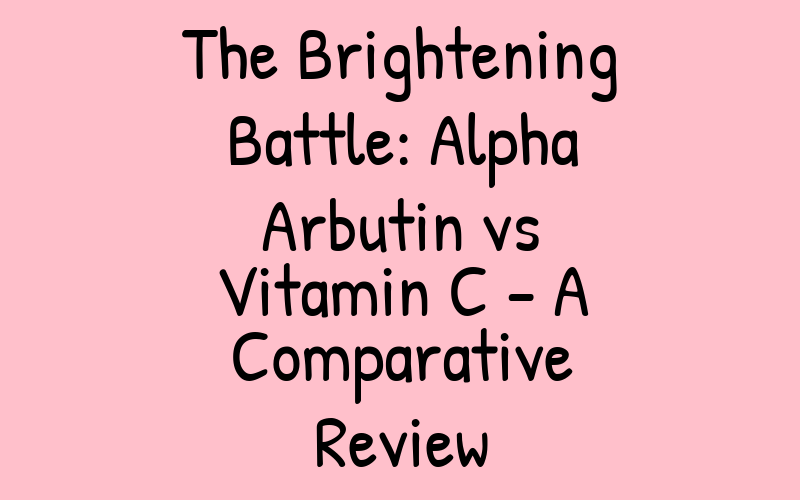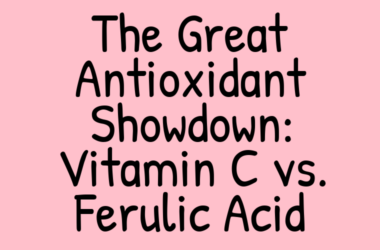Table of Contents
The Brightening Battle: Alpha Arbutin vs Vitamin C
The quest for a brighter, more even-toned complexion can be a long and arduous one. With numerous brightening agents on the market, it’s no wonder that many of us are left feeling overwhelmed and unsure of which one to try. In this article, we’ll be pitting two of the most popular brightening ingredients against each other in the ultimate showdown: alpha arbutin vs vitamin C.
The Science Behind Brightening
Before we dive into the comparison, let’s establish what brightening actually means. Brightening, in the context of skincare, refers to the ability to reduce the appearance of hyperpigmentation, such as dark spots, freckles, and uneven skin tone. This is achieved through the inhibition of melanin production and the reduction of existing melanin levels.
Melanin is produced by melanocytes, the skin cells responsible for producing pigment. In the presence of free radicals, melanocytes can produce an excess of melanin, resulting in hyperpigmentation. Brightening agents work by either inhibiting the activity of tyrosinase, the enzyme responsible for melanin production, or by reducing the amount of melanin produced.
The Players: Alpha Arbutin and Vitamin C
Now that we’ve established the science behind brightening, let’s take a closer look at our two contestants: alpha arbutin and vitamin C.
Alpha arbutin is a naturally occurring compound found in the silences plant. It’s a potent inhibitor of melanin production, working by reducing the activity of tyrosinase. This allows for a more even skin tone and a reduction in the appearance of dark spots and freckles.
Vitamin C, on the other hand, is a water-soluble antioxidant that’s rich in ascorbic acid. This potent antioxidant is capable of reducing the amount of melanin produced by inhibiting the activity of dopachrome tautomerase, an enzyme involved in melanin production. Vitamin C also has the ability to stimulate collagen production, leading to improved skin elasticity and texture.
The Verdict: Which One Wins the Brightening Battle?
When it comes to brightening, both alpha arbutin and vitamin C are effective agents in their own right. However, each has its own strengths and weaknesses. Alpha arbutin is more targeted at reducing melanin production, making it an excellent choice for those with melasma, dark spots, and hyperpigmentation. Vitamin C, on the other hand, is more general in its approach, working to reduce the appearance of wrinkles, fine lines, and hyperpigmentation.
In terms of efficacy, both ingredients have been shown to be effective in reducing the appearance of hyperpigmentation in various studies. However, vitamin C has been shown to be more effective in reducing the appearance of fine lines and wrinkles, making it a great choice for those with signs of aging.
Conclusion
In the end, the choice between alpha arbutin and vitamin C comes down to individual skin concerns. If you’re primarily looking to address melasma, dark spots, and hyperpigmentation, alpha arbutin may be the better choice. If you’re looking to address signs of aging, fine lines and wrinkles, and a general brightening effect, vitamin C may be the way to go.
Here’s a summary of the key points to consider:
| Ingredient | Mechanism of Action | Effect on Melanin Production | Stimulates Collagen Production | Key Benefits |
|---|---|---|---|---|
| Alpha Arbutin | Inhibits tyrosinase activity | Reduces melanin production | No | Effective for melasma, dark spots, and hyperpigmentation |
| Vitamin C | Inhibits dopachrome tautomerase activity | Reduces melanin production | Yes | Effective for reducing fine lines, wrinkles, and hyperpigmentation |
Remember, always patch test any new skincare ingredients before incorporating them into your routine, and be patient – brightening results can take time.
Alpha Arbutin Products
-
 Perfect Skin Extra Strength Rejuvenating SetKD7.000
Perfect Skin Extra Strength Rejuvenating SetKD7.000 -
Product on sale
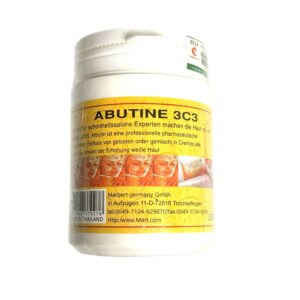 Abutine 3C3 Cream 250gOriginal price was: KD8.000.KD7.000Current price is: KD7.000.
Abutine 3C3 Cream 250gOriginal price was: KD8.000.KD7.000Current price is: KD7.000. -
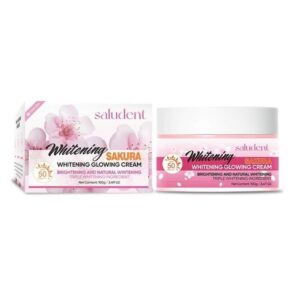 saludent, Whitening Sakura Whitening Glow Cream SPF50 100gKD6.000
saludent, Whitening Sakura Whitening Glow Cream SPF50 100gKD6.000 -
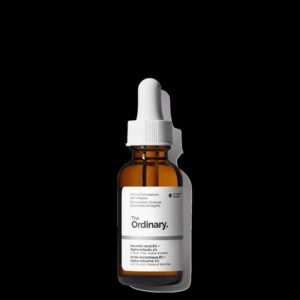 The Ordinary Ascorbic Acid 8% + Alpha Arbutin 2% Serum 30mLKD6.000
The Ordinary Ascorbic Acid 8% + Alpha Arbutin 2% Serum 30mLKD6.000 -
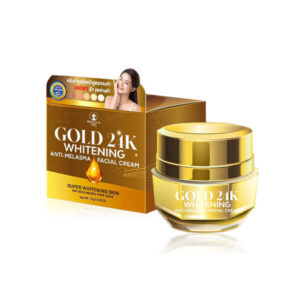 Precious Skin Gold 24K Whitening Anti-Melasma Facial Cream 15gKD2.450
Precious Skin Gold 24K Whitening Anti-Melasma Facial Cream 15gKD2.450 -
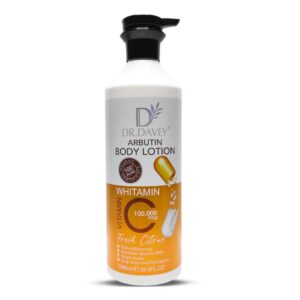 Dr. Davey Arbutin Body Lotion – 1080mlKD4.500
Dr. Davey Arbutin Body Lotion – 1080mlKD4.500 -
Product on sale
 Dark Spot Correcting Glow Cream 50mLOriginal price was: KD10.000.KD6.000Current price is: KD6.000.
Dark Spot Correcting Glow Cream 50mLOriginal price was: KD10.000.KD6.000Current price is: KD6.000. -
 Dr. Davey Skin Whitening Face Cream – 50gKD3.990
Dr. Davey Skin Whitening Face Cream – 50gKD3.990 -
 Prestige Kagayaku Bleaching Soap 75gKD2.000
Prestige Kagayaku Bleaching Soap 75gKD2.000 -
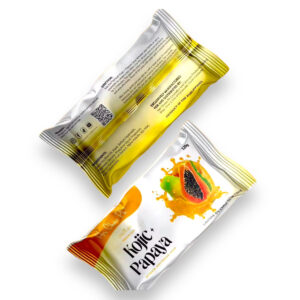 Her Choice Kojic Papaya Soap 120gKD2.500
Her Choice Kojic Papaya Soap 120gKD2.500 -
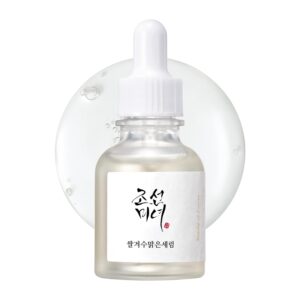 Beauty of Joseon Glow Deep Serum Rice + Alpha-Arbutin 30mlKD8.000
Beauty of Joseon Glow Deep Serum Rice + Alpha-Arbutin 30mlKD8.000 -
 The Ordinary Alpha Arbutin 2% + HAKD6.000 – KD10.000
The Ordinary Alpha Arbutin 2% + HAKD6.000 – KD10.000 -
 Perfect Skin GlutaAlpha ArbutinWhitening Body Lotion – 250mlKD5.500
Perfect Skin GlutaAlpha ArbutinWhitening Body Lotion – 250mlKD5.500 -
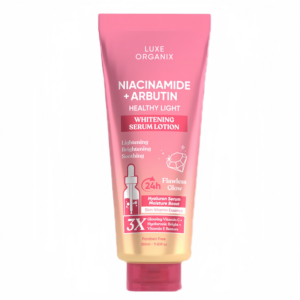 Luxe Organix Niacinamide +Alpha ArbutinHealthy Light Whitening Serum Lotion – 350mlKD5.990
Luxe Organix Niacinamide +Alpha ArbutinHealthy Light Whitening Serum Lotion – 350mlKD5.990 -
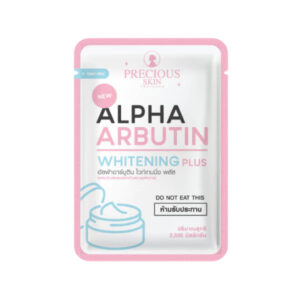 Precious Skin AlphaAlpha ArbutinWhitening Plus Powder 10’sKD6.000
Precious Skin AlphaAlpha ArbutinWhitening Plus Powder 10’sKD6.000 -
Product on sale
 Hami-San Best Trio SetOriginal price was: KD8.000.KD7.000Current price is: KD7.000.
Hami-San Best Trio SetOriginal price was: KD8.000.KD7.000Current price is: KD7.000. -
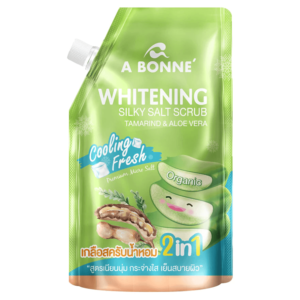 A Bonne Whitening Silky Salt Scrub Tamarind & Aloe Vera 350gKD2.500
A Bonne Whitening Silky Salt Scrub Tamarind & Aloe Vera 350gKD2.500 -
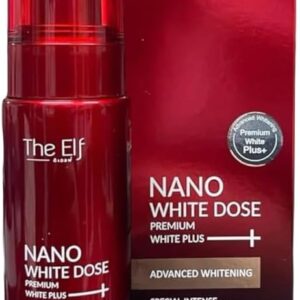 The Elf Nano White Dose Serum 60mLKD7.000
The Elf Nano White Dose Serum 60mLKD7.000
Vitamin c Products
-
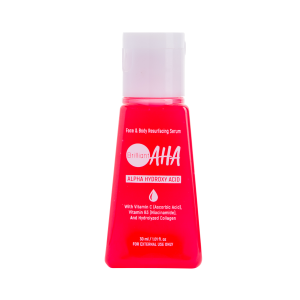 Face & Body Resurfacing Serum (Brilliant AHA) 30 mLKD3.000
Face & Body Resurfacing Serum (Brilliant AHA) 30 mLKD3.000 -
 INTICARE intiWomen Women’s Vagi Biotics 30’sKD9.000
INTICARE intiWomen Women’s Vagi Biotics 30’sKD9.000 -
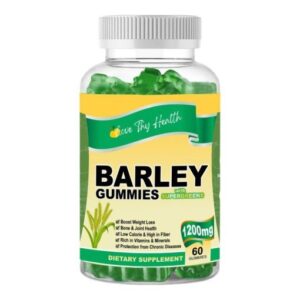 Barley Gummies with Super Greens 1200mg 60 GummiesKD7.000
Barley Gummies with Super Greens 1200mg 60 GummiesKD7.000 -
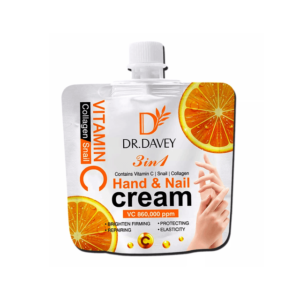 Dr. Davey Vitamin C Hand & Nail Cream – 30gKD2.490
Dr. Davey Vitamin C Hand & Nail Cream – 30gKD2.490 -
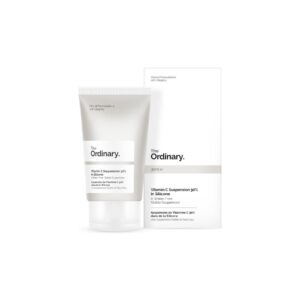 The Ordinary Vitamin C Suspension 30% in Silicone – 30mlKD6.000
The Ordinary Vitamin C Suspension 30% in Silicone – 30mlKD6.000 -
 Dr.Davey Vitamin C Whitening Moisturizing After Bathing – 300mlKD2.490
Dr.Davey Vitamin C Whitening Moisturizing After Bathing – 300mlKD2.490 -
Product on sale
 Dark Spot Correcting Glow Cream 50mLOriginal price was: KD10.000.KD6.000Current price is: KD6.000.
Dark Spot Correcting Glow Cream 50mLOriginal price was: KD10.000.KD6.000Current price is: KD6.000. -
 Nivea Extra Bright C&E Vitamin Lotion 300mlKD5.000
Nivea Extra Bright C&E Vitamin Lotion 300mlKD5.000 -
Product on sale
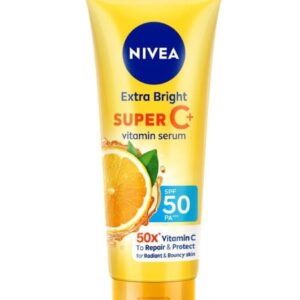 Nivea Extra Bright Super C+ Vitamin Body Serum SPF50 PA+++ 320 mlOriginal price was: KD5.000.KD4.000Current price is: KD4.000.
Nivea Extra Bright Super C+ Vitamin Body Serum SPF50 PA+++ 320 mlOriginal price was: KD5.000.KD4.000Current price is: KD4.000. -
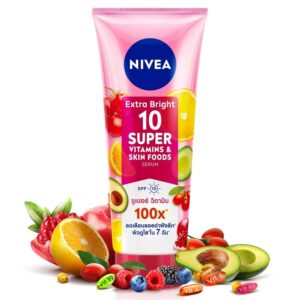 NIVEA Extra Bright 10 Super Vitamins & Skin Foods Body Serum Lotion SPF15 320mlKD5.000
NIVEA Extra Bright 10 Super Vitamins & Skin Foods Body Serum Lotion SPF15 320mlKD5.000 -
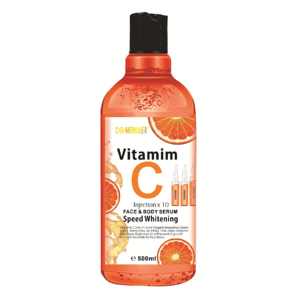 Dr Meinaier Vitamin C x 10 Speed Whitening Serum Face & Body 500mlKD5.000
Dr Meinaier Vitamin C x 10 Speed Whitening Serum Face & Body 500mlKD5.000 -
 Skin Doctor Papaya Whitening Face Wash Vitamin A,C,E,FKD1.735
Skin Doctor Papaya Whitening Face Wash Vitamin A,C,E,FKD1.735 -
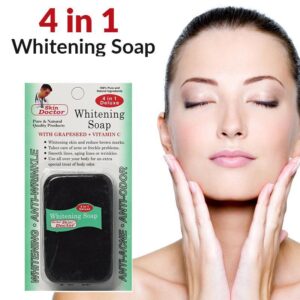 Skin Doctor Whitening Soap With Grapeseed + VITAMIN C 80gKD1.910
Skin Doctor Whitening Soap With Grapeseed + VITAMIN C 80gKD1.910 -
 A Bonne Miracle White C Milk Lotion 3x Vitamin C AHA – 500mlKD5.000
A Bonne Miracle White C Milk Lotion 3x Vitamin C AHA – 500mlKD5.000 -
Product on sale
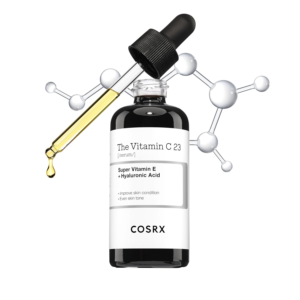 COSRX The Vitamin C 23 Serum – 20gOriginal price was: KD11.990.KD9.000Current price is: KD9.000.
COSRX The Vitamin C 23 Serum – 20gOriginal price was: KD11.990.KD9.000Current price is: KD9.000. -
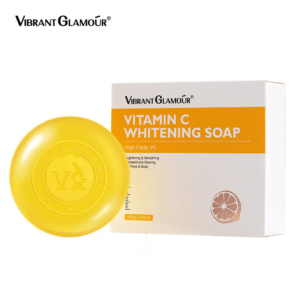 Vibrant Glamour Vitamin C Whitening Soap – 100gKD3.990
Vibrant Glamour Vitamin C Whitening Soap – 100gKD3.990 -
 VIBRANT GLAMOUR Vitamin C Sunscreen Serum SPF 50+ PA+++ – 30gKD4.000
VIBRANT GLAMOUR Vitamin C Sunscreen Serum SPF 50+ PA+++ – 30gKD4.000 -
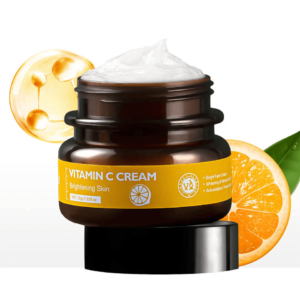 Vibrant Glamour Vitamin C Face Cream – 30gKD5.990
Vibrant Glamour Vitamin C Face Cream – 30gKD5.990

